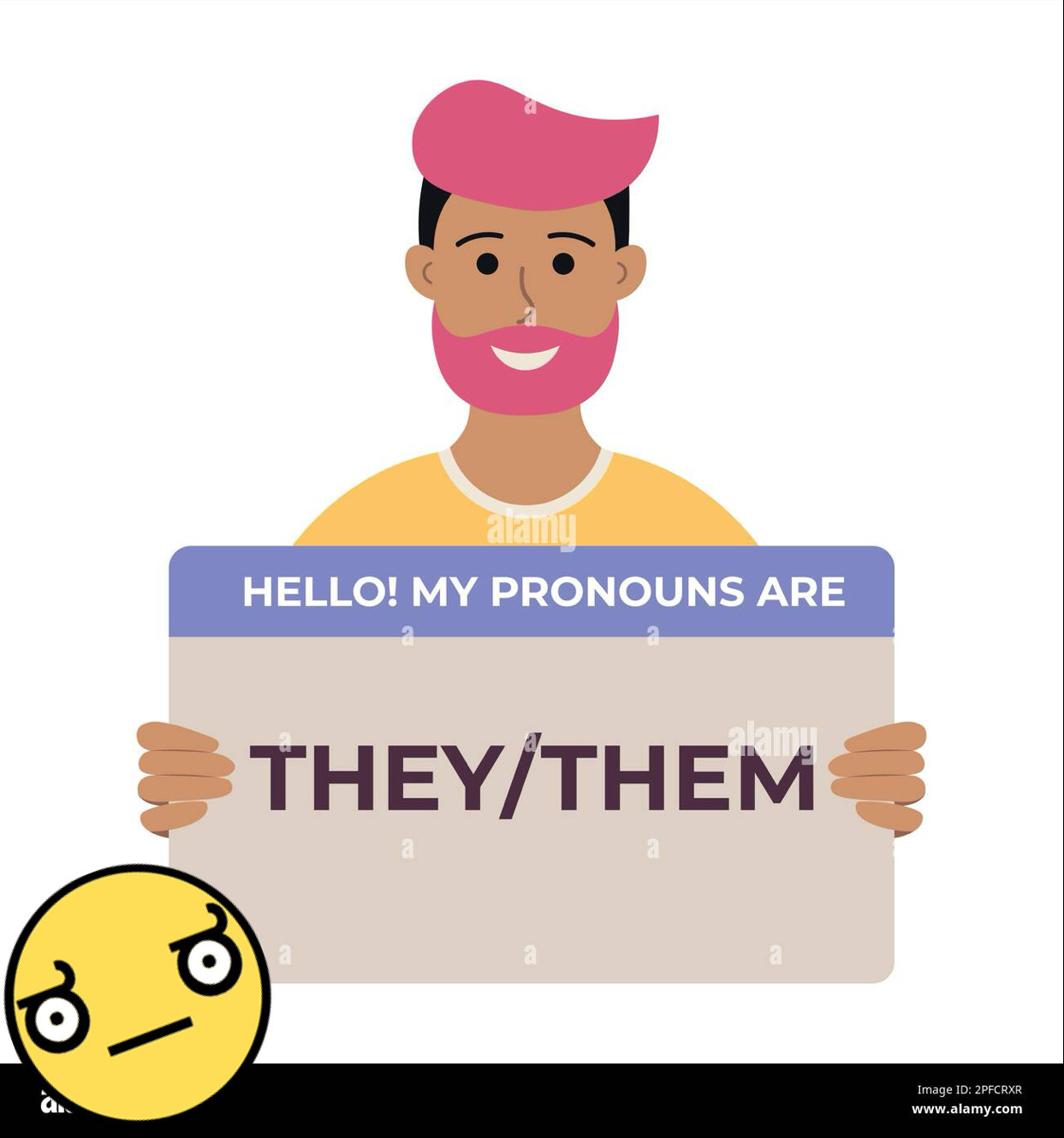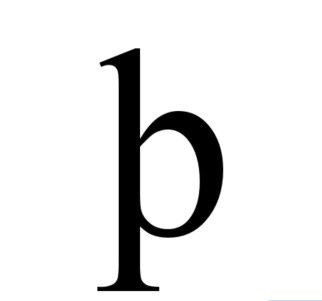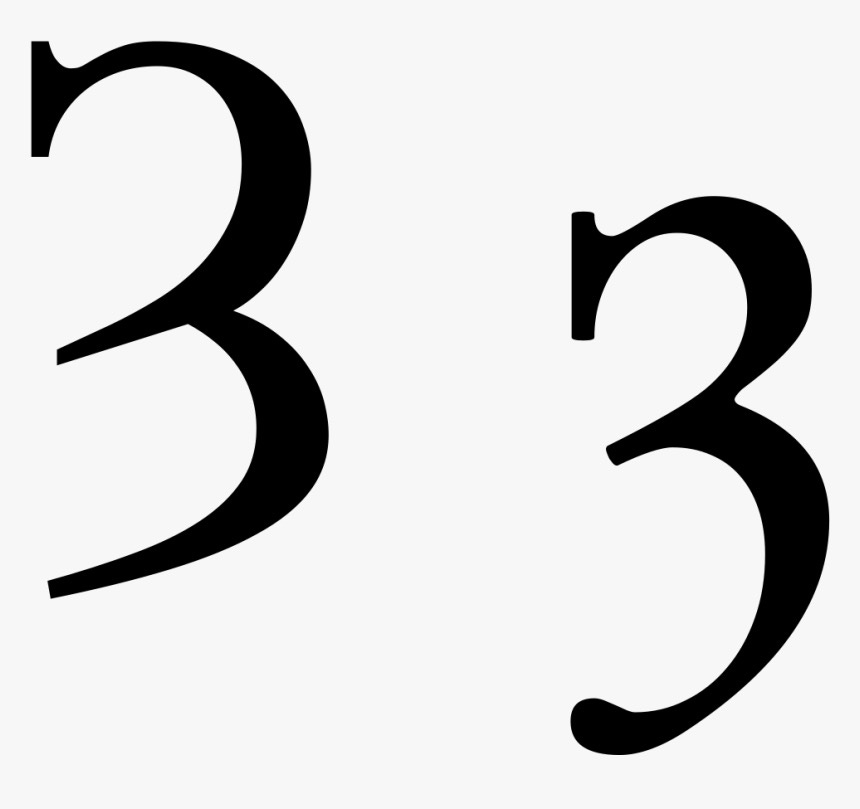I was speaking today with a colleague from work and we somehow came across the topic of the evolution of language. As a man who takes interest in language and how languages have changed over time, I found myself well tooled for this.
The discussion essentially consisted of whether the use of “they/them” to refer to singular individuals in the present tense was natural or artificial. In his view, language “constantly evolves” and that the reason for the so-called adoption of this new characteristic was that, “[We] realized that using gendered pronouns hurt the feelings of certain people, and so [we] started using gender neutral pronouns such as they/them instead.”
The first thing I must point out is that presumes that people in the past didn’t care about people’s feelings. Why should we presume that? The argument from the other side is that’s simply what happened. But I disagree. People simply didn’t believe it to be a serious complaint, or, considered the complaint selfish and strange. One wonders, think of the work of Ed Dutton regarding increasing genetic mutational load, if these people would simply have not existed in the past (being selected out by nature due to high mutational load).
Yet we must, if we accept Darwinian natural selection as a concept, that those with high mutational loads simply would be a lot less likely to survive, and so perhaps these strange people, the runts of the litters, come at us now with these problems which prior, were at least relatively imperceptible in the past. In this view, the push for such neologisms, is a byproduct of industrialization, which is for all intents and purposes, artificial.
Secondly, although language does change over time, the rate of change is not consistent. Advances in language such as the printing press and now the internet, have had the effect of conservation. Even before this, the most stable structures of language hardly ever change. Words like these include mother and father, personal pronouns, core verbs like to be, to go, to have, to want, to do. Nouns like apple, water, table, chair, seat, bed, very highly conserved. Overcoming this powerful conservation over short time spans (within a generation) regarding core aspects of the language can only be done artificially, through coercion and manipulation, requiring State or monopolistic magnitudes of force, which cannot arise organically.
Testament to this are cousin languages to English, such as Icelandic, Norwegian, German, French, Latin, Swedish. At first these seem non-mutually intelligible, but this is only true to some degree. The Icelandic first person is “ég” [yehg’], and its present tense form of the verb to be is “er” [airh’]. “Er” is akin to the English “are”, and we know this because in Icelandic “er” is also used for the third person singular form of the verb to be. Icelandic is very well conserved from Old Norse, particularly because of their tradition of written language dating back to the settlement. But Old Norse uses “em” [ehm] for the verb to be for the first person singular (Ég em [yegh ehm]). In German it is even more conserved and retains the [b-] sound from proto-Germanic (which would be the grandparent or great grandparent language to all Germanic languages). “Ich bin” (I am) or “Du Bist” (you are). Ich is very close to both the original English “Ic” and the Icelandic Ég, and both “bin” and “bist” if you remove the [b-] are similar to “em” (am; versus -in, m and n are common lingual interchangeables internationally) or “-ist” which is similar to the English “is” or Icelandic “ert/er” (“þú ert”, “you are”, or “hann er”, “he is”). Even the relation in German of “Du bist” and “sie/er ist” is similar to the Icelandic “þú ert” and “hún/hann er”, which is similar to the English “Thou art” and “she is”.
English was a regional language of trade, and Old English was partly mutually intelligible with Old Norse at one point. With the various invasions, the language landscape of England became a mixture of Old English (Anglian), Celtic influence, French influence, and Neo-Norse influence. The British Empire later expanded the influence of the English language which on the one hand lead to widespread worldwide adoption as a language of trade, but on the other hand forced its simplicity, losing things like gendered objects common in most Indo-European languages.
With the invention of the printing press, most of the language became conserved, however it also eliminated a few interesting aspects of English, such as three important letters, “yogh” (looked like the numeral 3, and was the sound -gh- in night, light, fight, sigh etc. (Looking similar to NI3T, LI3T, FI3T ETC). Two others were “ð” (eth) and “þ” (thorn). All three of these didn’t exist in the Latin script, and so when printing presses were imported from the continent, printers substituted other letters to create the phonemes (in this case “gh”, and “th”, though in the case of thorn and eth, sometimes they were replaced by the letter “y”, thus “you” replaced “thou”).
Most of these changes over time occurred because of a changing landscape for language (environment, separation, trade) as they were at one point mutually somewhat intelligible, which indicates at one point they were fully mutually intelligible because they were the same language in the past, and existed in the same environment. Other factors were revolutionary like the printing press which mostly allowed for the conservation of language (purely oral languages tend to change faster as retention is only in the minds of the speakers) while also artificially altering the language. The artificial portion has lead to a fledgling “Anglish” movement amongst purists.
But let’s move back to the main topic. The issue of they/them as a third person singular in the present tense is an artificial construct. You feel it when you hear the words “they is”. It of course sounds wrong, bizarre, forced, like a shoe for your right foot jammed on the left while being too small as well. You feel it in the lack of clarity of “They are” when your fellow conversant refers to a singular individual and wishes to invite them to an event you’re hosting and now you think they are (referring here to the friend) going to bring a group to the event rather than just one person. I experienced this myself when my daughter was referring to her friend who apparently identifies as “non-binary”, which made it sound as if she was having many people over, which depending on the number may strain the space in our small home. Being overly polite to this person (who wasn’t in our presence at the time) lead to quite a long conversation to figure out exactly what the hell she was even saying. Language is about clarity, and that which cannot quickly clarify does not tend to be conserved, just as adaptations which hamper survival in a particular environment tend to be selected out of the gene pool (for example, thick coats of fur adapted for the cold, but in desert environments instead.)
So, I made an analogy with my colleague, where forcing the third person plural into the present tense singular where a third person singular pronoun such as “he/she/it” would suffice, is akin not to natural evolution, not to natural selection, but artificial selection.
Imagine you capture a polar bear and release it into the Sahara desert. Would it survive? Probably not. But if you were to select the most likely to survive, and spend decades breeding them in the desert environment, slowly breeding better “desert polar bears” over time, eventually you may have a polar bear-like creature who is barely (or BEARLY, haha) adapted to barely survive in that environment. But this was only possible through artificial selection, careful husbandry, and a huge amount of resources.
I didn’t get much further in the discussion as they decided to simply stop talking after a while, but one thing that was said was: “Are you saying that your contention is the improper use of the word ‘they’? What is I used the word ‘jookadooby’?” [or some nonsense word to that effect] and I simply said I would not object to that. I am also fine with people using the actual third person singular nongendered pronoun “it”. Some may complain that the term “it” carries connotations of objectification, and other pejorative concepts.
But, isn’t that their whole argument? That language evolves? Why don’t they use the word it, and try to remove the pejorative from the term, if “language evolves/changes” over time? Wouldn’t it be much easier to change the perception of “it” than to attack a core of the language, the highly conserved third person plural “they” by forcing it into a first person pronoun? You can try, using immense force and effort to force a square peg into a round hole, but by doing so not only do you waste valuable energy and resources, in the end you no longer have either a square peg, but no longer will you have a round hole, as both will have been changed forever into something else entirely. Will that bring greater clarity to language? Is clarity not the entire point of language? If communication is the point (I believe it is) then clarity will be selected for. That being said, if the opposite is indeed true, then language is not about communication, and lack of clarity will be selected for, leading to selection against language itself.
But I don’t believe that is possible. Language is too core to society. The language will persist despite the attack by neopronoun ideologues, who will be selected against over time. Firstly for the lack of clarity making communication more complicated and time consuming, creating inefficiencies and thus their actions less effective. Secondly, the natural order of things, that of natural selection, will require fewer resources, less time, and will be more efficient and effective.
On another note, the notion of nonbinary is nonsensical. The human species is sexually bimodal. This means there are two modes of sex, and, everyone not within those two modes, fall between them. Sex is either red or blue. The red and blue overlap but never do they ever blend to make purple. Even hermaphrodites are not “purple” in this regard, they are chimeric, exhibiting portions of both modes. In some sense they are a great representation of human beings being bimodal, and not some undefined third option. This spread indeed includes them and doesn’t deny them their humanity. Claims to the opposite are false.
Language, and when I speak of language I largely speak of the core of that, is not changeable in a manner that grants clarity. Every alteration generally reduces clarity, and the proof of that is whether such a change persists. In short, clarity is always conserved. Proof of this is in the usage. Artificial constructs get selected out for this reason. Dad words, slangs, and unimportant neologisms and phrases come and go, but the core remains. In one place and era, cosmos is preferred, whilst in another it is space. Yet pronouns, core verbs, and common terms have been conserved since long before the printing press, changing only slightly if it can be said to have changed at all. The fact that you can interchange the pronouns of different languages within foreign sentences is testament to that. That in effect proves conservation. “Ég bin hungry.” “Ich am svangur.” “I er hunger.” (Three blends of Icelandic, German and English, all mixed up) should seem not mutually intelligible, but they basically are. “I am hungry./ Ich bin [habe/have] hunger./ Ég er svangur.” Even here you can see that it is the Icelandic which is more closely related in that sentence to English than German (German using like the French, “to have hunger” instead of “to be hungry”). And that was prior to the printing press and industrialization of literature.
So remember, if someone wants to play the feelings game regarding pronoun misuse and language clarity, it is not a passive thing. It is an active attack on your language, an active attack on you. If it wasn’t, they wouldn’t bring it up and would just remain quiet and go about their lives. It is by all accounts degenerative, selfish, hubristic pride. It is the very essence of the tower of babel’s construction and demise.
Know that you are right.






